Born in Uzhhorod, Ukraine • Birth year 1988 • Studied Applied Mathematics at Uzhhorod National University in Ukraine • Highest Degree PhD in Differential Equations from Taras Shevchenko National University of Kyiv in Ukraine • Lives in Delft, The Netherlands • Occupation Assistant Professor in Applied Mathematics at Delft Institute of Applied Mathematics, Delft University of Technology
4 countries, 5 languages, and 1 mathematics…
Was it my big dream to pursue a career as a math professor? No, it wasn’t. In fact, when our primary school teacher asked who we wanted to become in the future, I said that I wanted to be a pediatrician. But that was only because my parents are doctors, and my grandmother was leading the children’s department in the hospital at that time. To be honest, medicine has never been my thing—but as a kid, you tend to take on the role models you see around you. And I wasn’t an exception.
Many years have passed, and mathematics and languages have become inseparable parts of my life.
In Ukraine, we say that children inherit the talents of their grandparents. And with my grandparents working in the fields of physics and mathematics, following that logic, I was probably predestined for these directions. Interestingly enough, those were indeed my favorite subjects at school. I really enjoyed solving math puzzles and diving into the laws of physics. I was extremely lucky to have great teachers who recognized my interest and kept me engaged by offering challenging problems—even though my school had a linguistic focus, and the sciences didn’t occupy much of our curriculum. Many years have passed, and mathematics and languages have become inseparable parts of my life. Those seemingly different disciplines have a lot in common: languages help in sharing my mathematical expertise to a multilingual community, and logical thinking, developed through solving mathematical problems, helps in mastering a new language.
Obtaining a PhD brought new opportunities, but it also came with a lot of pressure—pressure to deliver, pressure not to disappoint.
The path to my current position was long and quite “nonlinear”—just like the math problems I work on. In my last year of high school, I seriously considered studying international economic relations, with applied mathematics as a second option. It was the study program where I could combine my passion for mathematics and foreign languages. But in the end, I chose applied mathematics, and I’ve never regretted the decision I made.
After graduation, I was offered a teaching position at my home university, which I combined with enrollment in a doctoral program. I studied boundary value problems for systems of nonlinear differential equations and developed iterative methods for approximating their solutions. It was a great combination of analysis and work with mathematical software—something I still enjoy doing. Back then, I could conduct research at my home institution but had to defend my thesis at a different university. I still remember all those trips to Kyiv, accompanied by my parents, who helped me organize everything…I am incredibly thankful for all their patience and time that they have invested.
Obtaining a PhD brought new opportunities, but it also came with a lot of pressure—pressure to deliver, pressure not to disappoint. Since then, sports has become my first aid when I feel overwhelmed and need to change my focus during the intense periods at work.
[Fractional differential] equations are broadly used in porous media modeling and systems with memory
After graduation, and having 3 languages ‘in my pocket’, I continued teaching at my home university for a couple of years but felt an urgent need for change. I seriously considered switching to industry and even received an offer from an IT company, but something held me back. Around that time, I won an individual grant for a short-term research stay in Slovakia, where I was introduced to a new field—fractional differential equations. These equations are broadly used in porous media modeling and systems with memory. Moreover, they are able to capture more complex dynamics of a physical system in comparison to their integer-order counterparts. Back then it was still a completely unfamiliar topic for me, something I had never worked on before, but it eventually became part of my current research profile.
My time in Bratislava was a period of reflection, and it gave me the motivation to continue pursuing an academic career. I saw many opportunities that European universities offered and started applying for postdocs. Among all the negative responses and unanswered emails, there was one that changed my life. I got a postdoc position in Vienna, which I still consider my biggest achievement to date. It might sound silly but moving from Uzhhorod, that is by the way famous for its Japanese cherry blossom, to join one of the oldest and most prestigious universities in Austria was something I couldn’t have even dreamed of!

During my postdoc, I explored real-world applications of differential equations by analyzing mathematical models related to ocean and atmospheric circulation
During my postdoc, I explored real-world applications of differential equations by analyzing mathematical models related to ocean and atmospheric circulation. I was fascinated by the opportunity to apply my mathematical training to real-world phenomena, expanding my knowledge beyond purely theoretical research. As time passed and my postdoc was nearing its end, I realized I needed something more permanent. And again, I stood at a crossroads: should I switch to industry and stay in Austria with my partner, or pursue a career in academia but accept the fact that I would likely have to move to a third country within the last three years? I know many couples for whom cross-country moves didn’t work out, and in the meantime I was already fluent in German and had good chances on the Austrian labor market. Luckily, my partner was incredibly supportive, and when I got an offer from TU Delft, he did everything he could to make my decision easier.
And here we are. Five and a half years after moving, I’m now a tenured assistant professor at one of the best universities in the Netherlands, developing my own research line in nonlinear (fractional) differential equations with applications in geosciences, speaking my fifth language, and making future plans with my husband. Time has sorted out everything, and despite all difficulties I feel that I am in the right place.
Of course, at the end of the day it’s all about hard work, determination and family support —but sometimes, it’s also about that one email that changes everything in your life.
Published on April 23, 2025.
Image credit: Kateryna Marynets


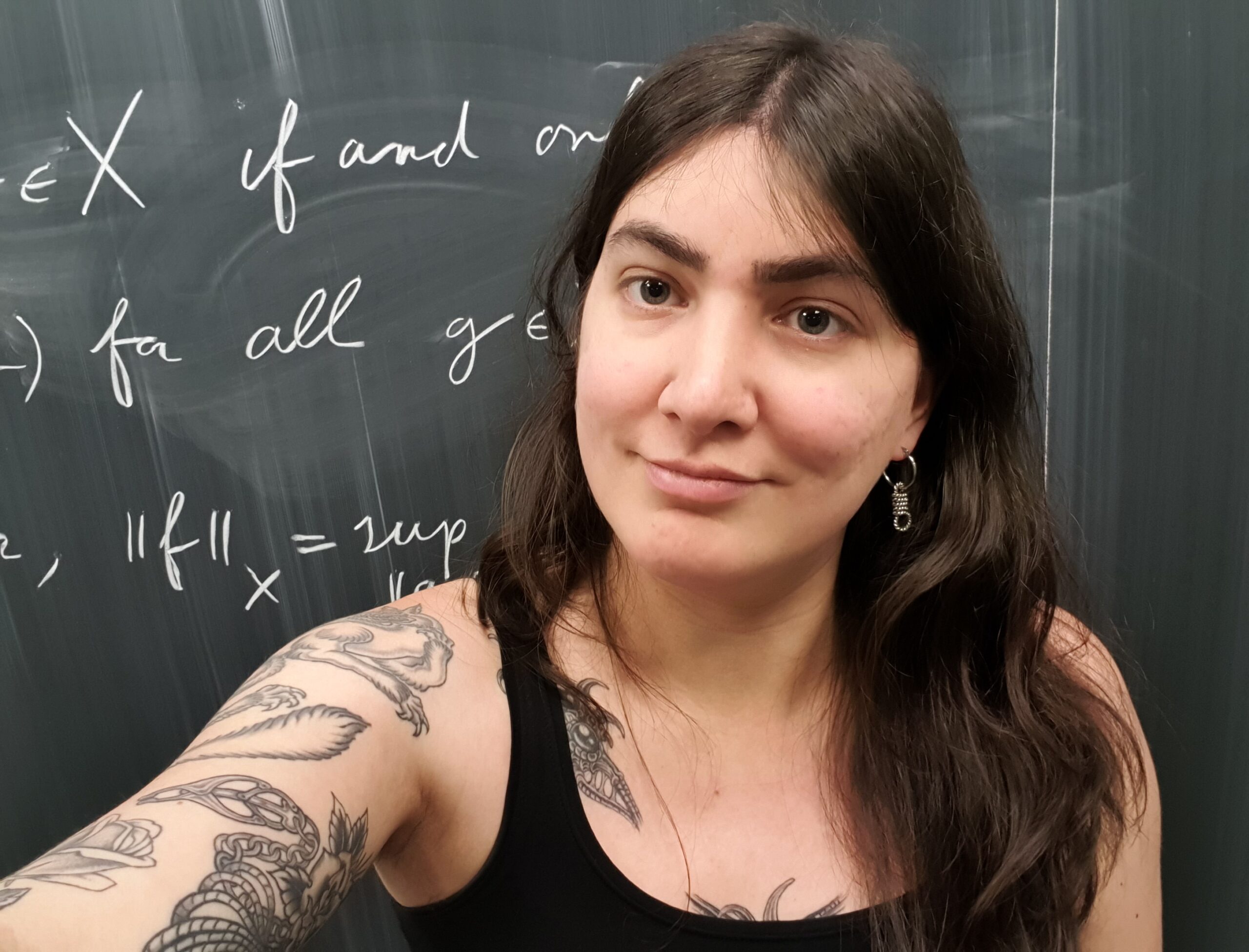
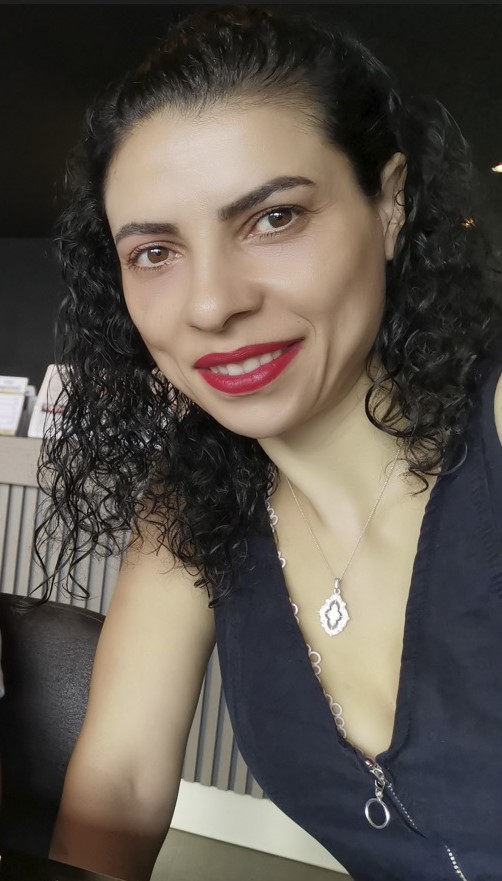
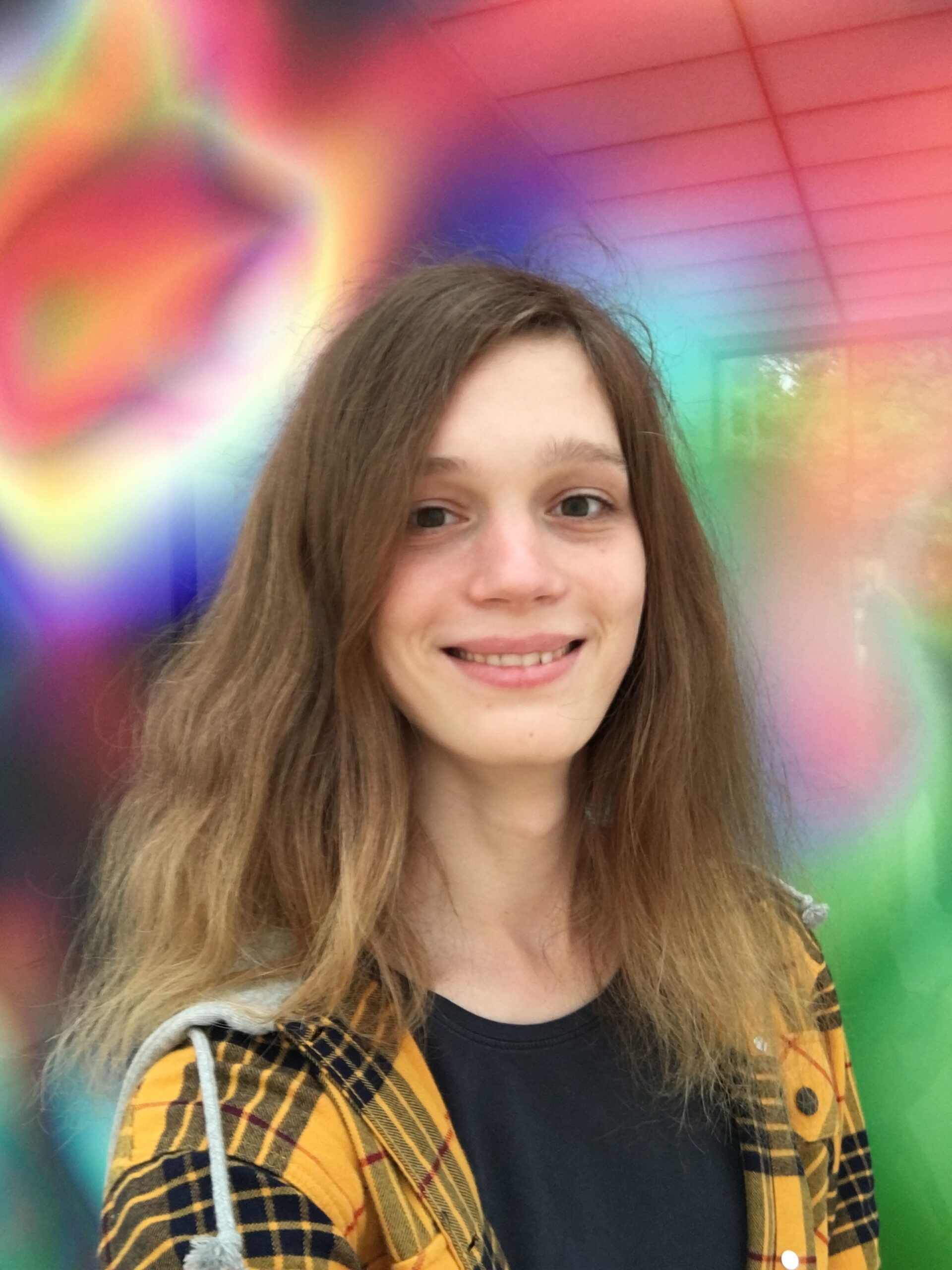
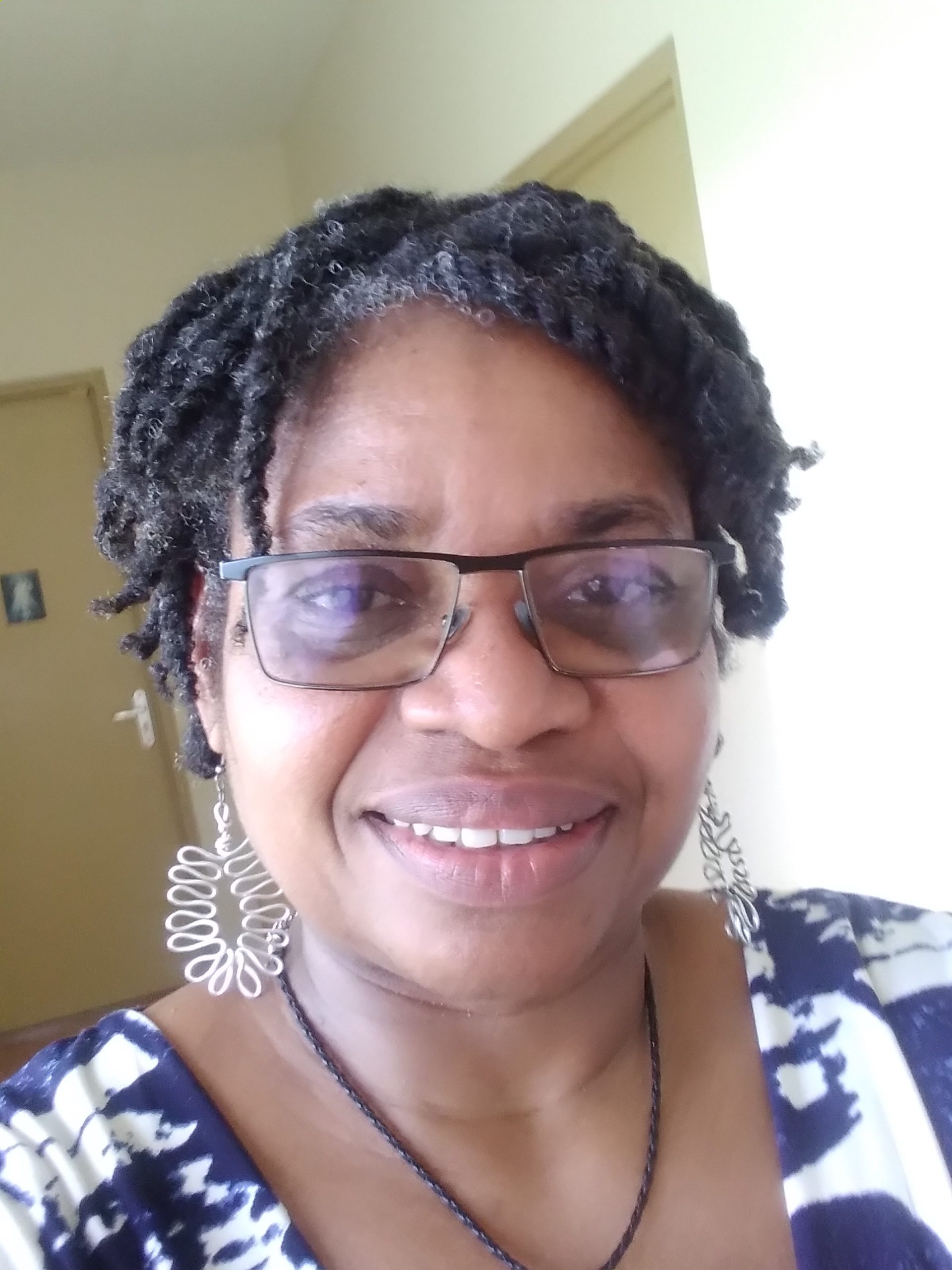
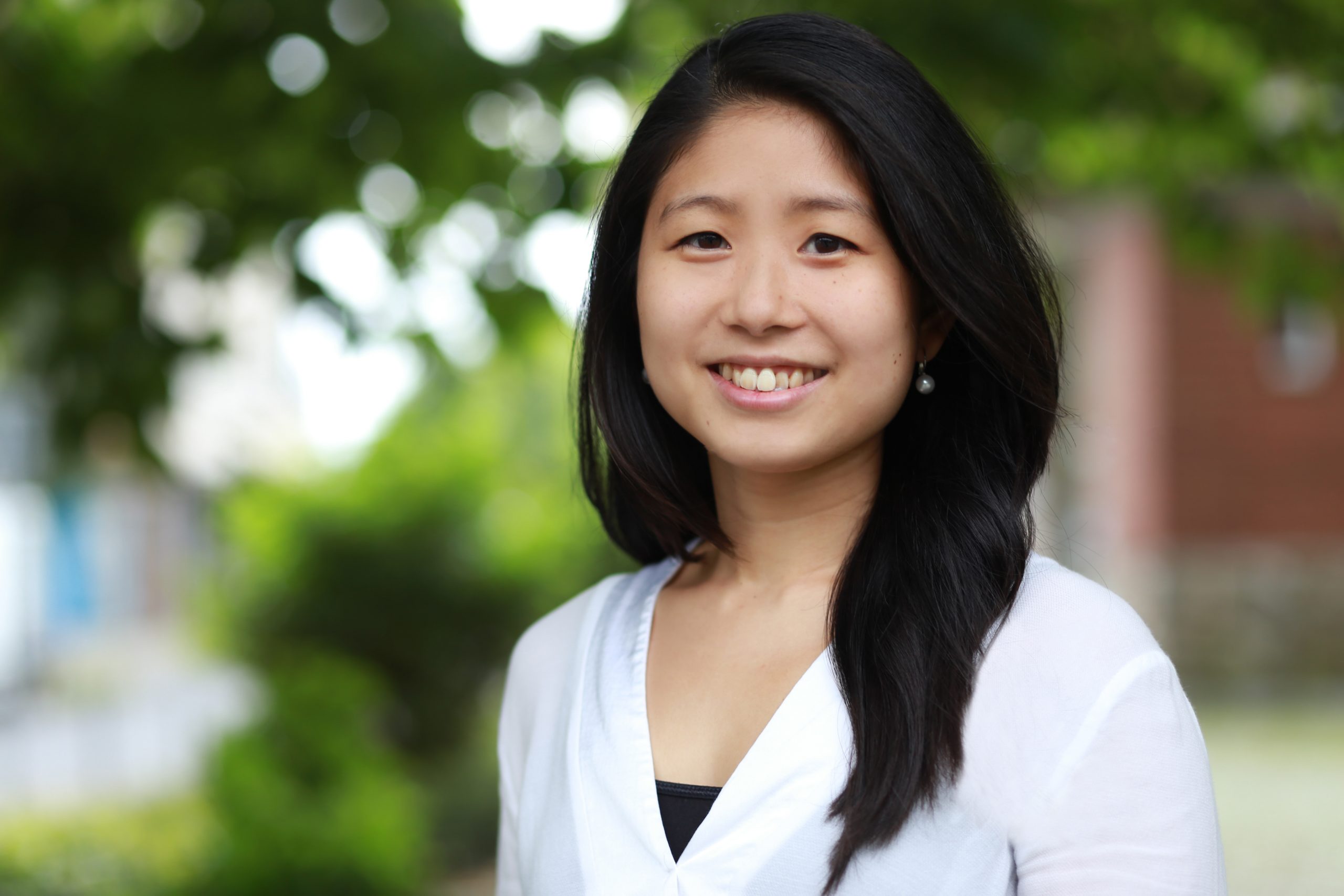
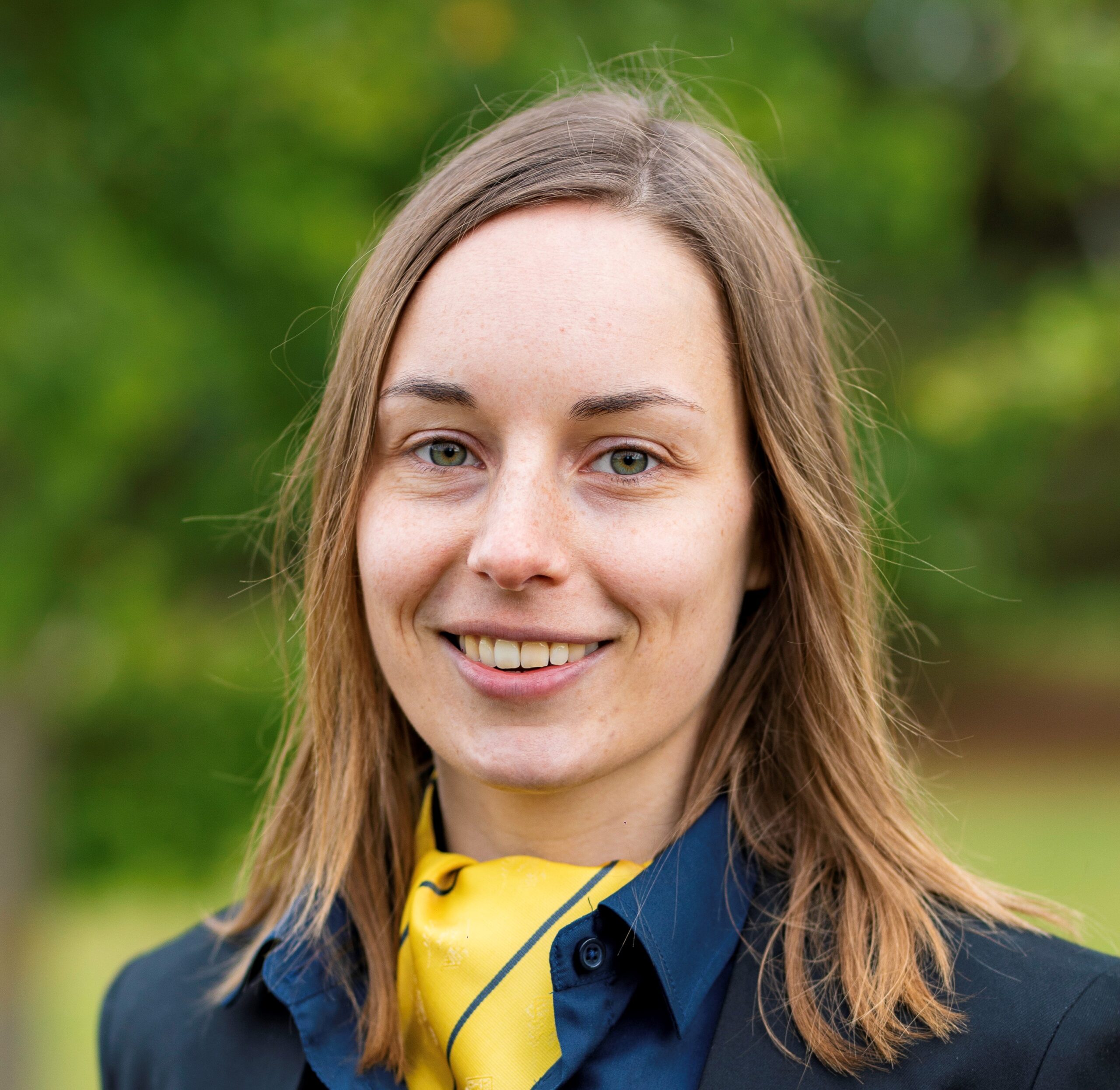
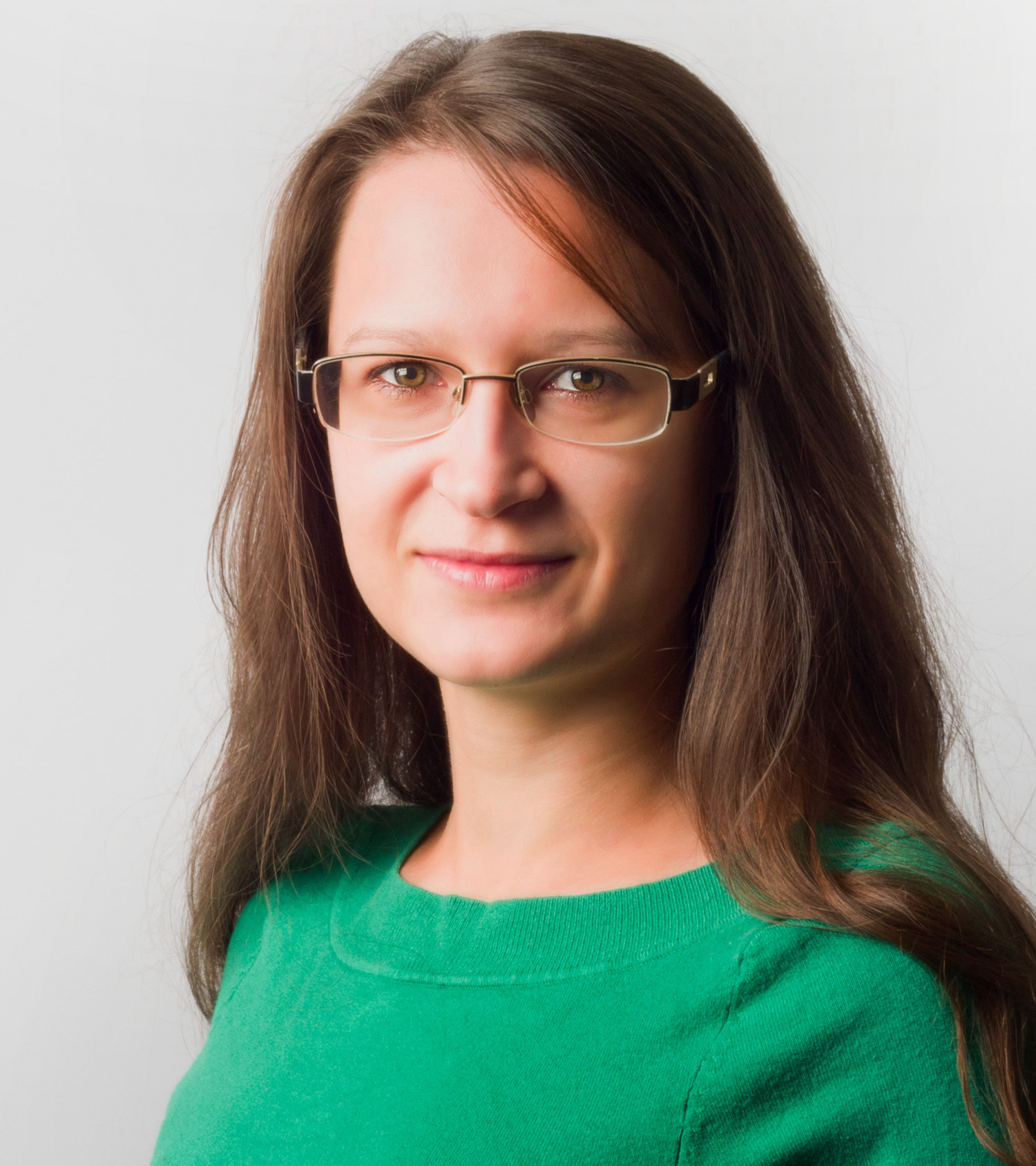
Recent Comments